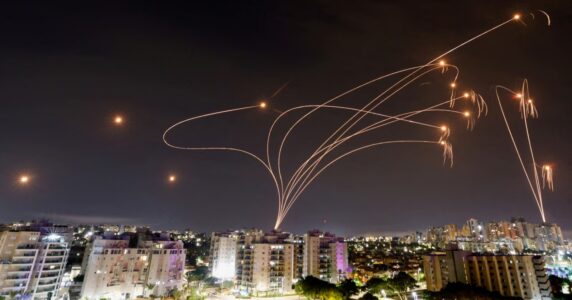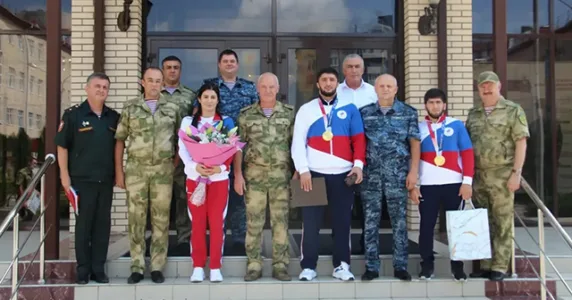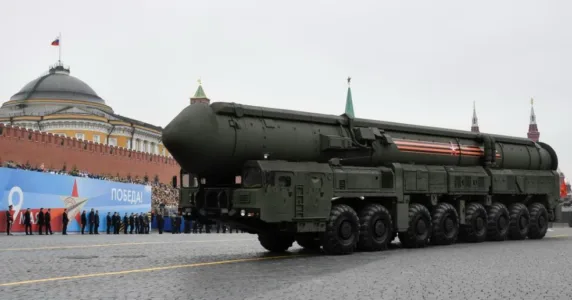Navigation and useful materials
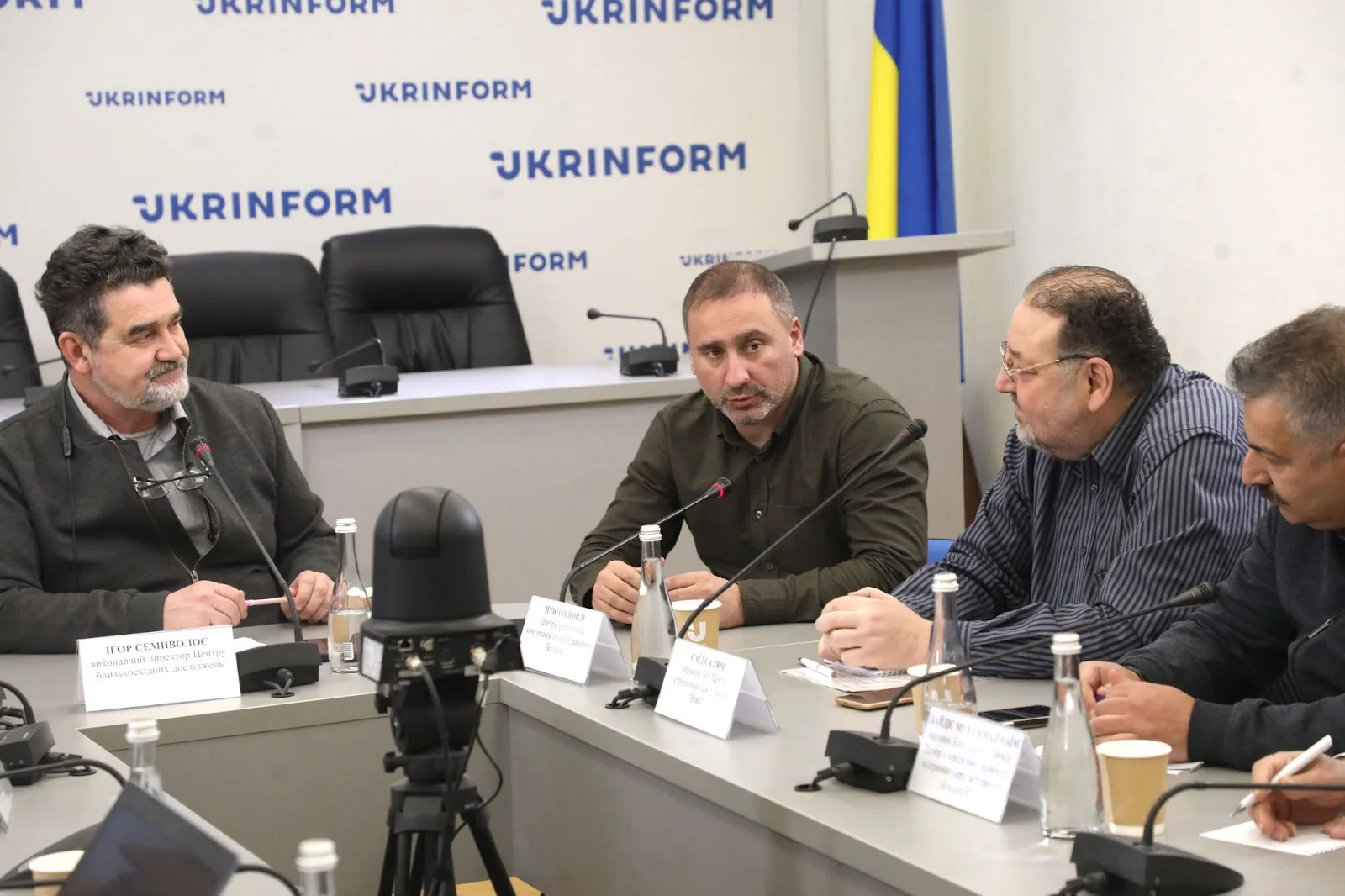
On Thursday, March 7, an international round table on the topic Ukraine and the Arab World: Two Years of War was held in the Ukrinform hall. The organizers were the Centre for Strategic Communication and Information Security, the Association of Middle East Studies, as well as organizations of the Arab diasporas in Ukraine: the Strategic Studies Center Vision, the Charitable Foundation Center for International Relations, Peacekeeping and Intellectual Development, the Council of Arab Journalists.
The participants of the event discussed the achievements and problems of Ukraine’s relations with Arab countries over two years, during which Ukraine had to fight back against full-scale Russian aggression. In this context, questions were raised about the importance of the Arab world for our country, and what efforts should be made by Kyiv to preserve and increase the support provided to Ukraine by Arab countries.
When opening the event, Ihor Semyvolos, Executive Director of the Association of Middle East Studies, stressed that during this time, relations between Ukraine and Arab countries had different dynamics — from detachment to interest, from neutrality to active neutrality and engagement. We cannot but note that this relationship has never been trouble-free. A certain setback was noticeable given the war in the Gaza Strip. Nevertheless, we have a more active dialogue and growing interaction than ever before.
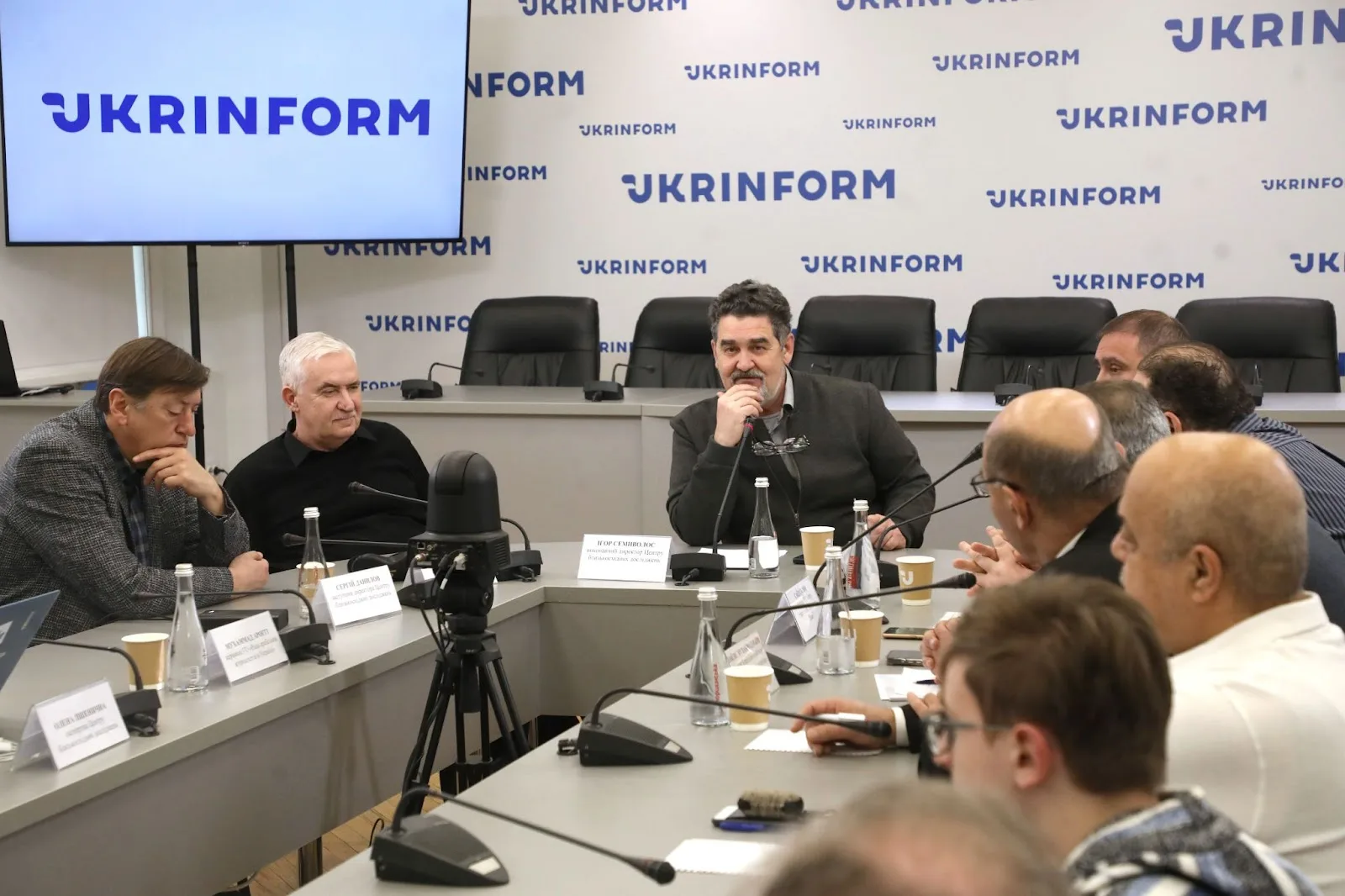
Ihor Solovei, the Head of the Center for Strategic Communications and Information Security, mentioned that it was not the first time that the Centre held events on the topic of the Arab world and, more broadly, the Global South. This is important because Moscow perceives non-Western societies as the weakest link in plans to promote its own global agenda.
“Therefore, we keep up to speed, conduct research and consult the Arab experts on how to react and counteract. The Centre has friends who help convey Ukrainian messages to the Arab audience. I cannot but mention close cooperation, in particular with some colleagues present here, in the formation and promotion of messages for the Arab audience, for which I express my sincere gratitude. This event is a good opportunity to sum up the results of our joint efforts. I hope that it will offer an understanding of a direction to move forward to and how to counteract Russia’s harmful information influence,” Solovei stated.
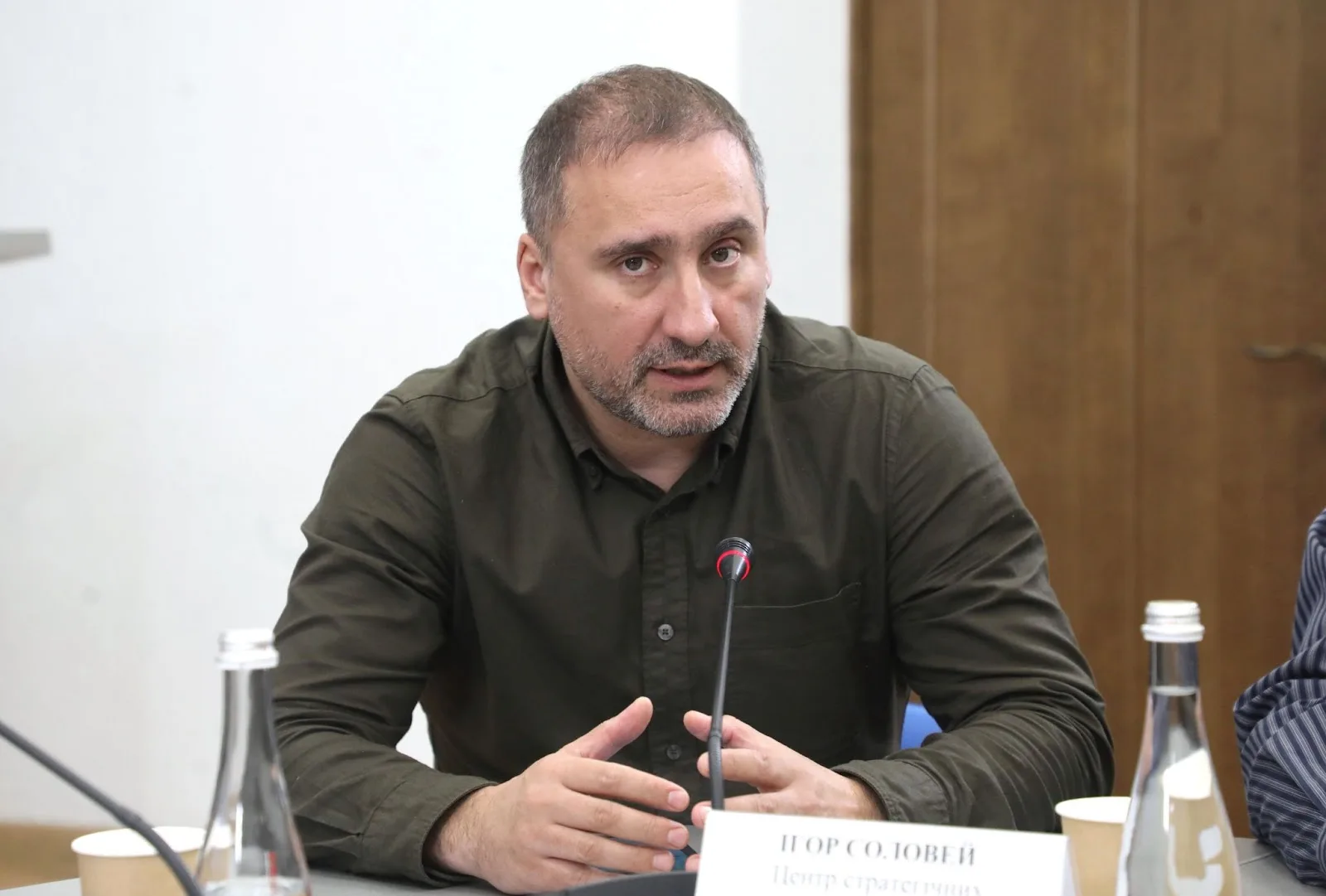
READ ALSO: Experts and Diaspora Leaders Discuss Ways to Enhance Ukraine’s Relations with the Global South
In his speech, Ihor Semyvolos summarized the main achievements in Ukraine’s cooperation with the Arab world. Most of the Arab countries have voted in favour of pro-Ukrainian resolutions in the UN General Assembly since 2014. Saudi Arabia, Egypt, and the UAE participate in meetings dedicated to the Ukrainian Peace Formula, which is also supported by Kuwait, Lebanon, Libya, Morocco, Oman, Somalia, Tunisia, and Yemen.
During the full-scale Russian aggression, the Arab countries have provided humanitarian assistance to Ukraine in the amount of at least USD 620 million. As of late 2023, the total trade turnover between Ukraine and Arab countries amounted to USD 7.4 billion. The share of Arab countries in total oil and gas imports to Ukraine increased from 18.2% to 20.5%, although it is only USD 0.4 billion. On the other hand, political stability in the Arab world largely depends on the import of Ukrainian grain. The main Arab partners of Ukraine in imports of grain and other agricultural products in 2023 were Egypt (2.4 million tons), Saudi Arabia (1.5 million tons), the United Arab Emirates (0.8 million tons), Libya (0.7 million tons), and Morocco (0.6 million tons).
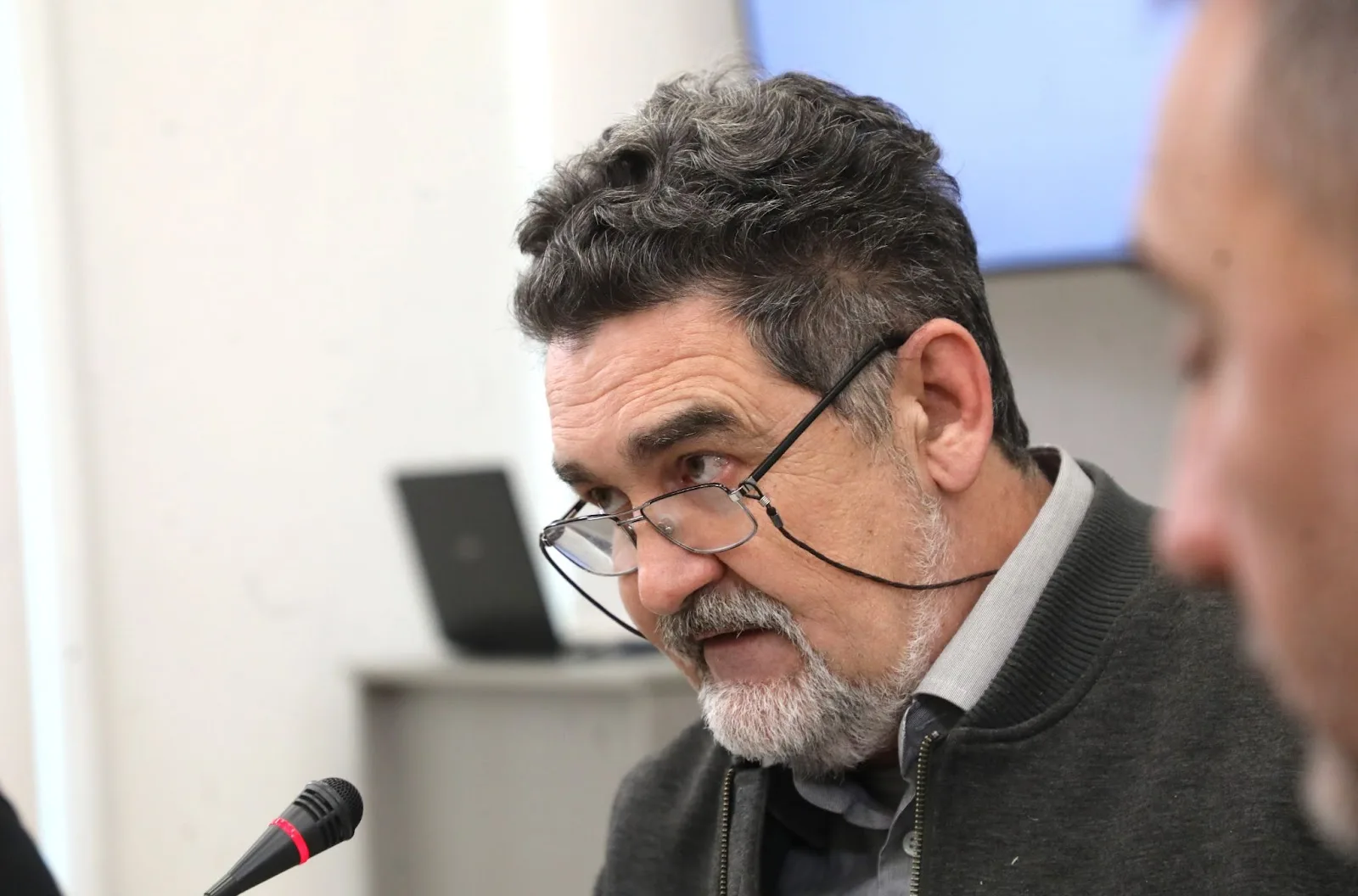
In May 2023, President Zelenskyy called on the League of Arab States to help release Ukrainians and Crimean Tatars captured and imprisoned in Russia. We were supported by the UAE, which expressed its readiness to help in the release of Ukrainian political prisoners. In October 2023, Ukraine and Saudi Arabia signed a joint declaration in which they pledged to facilitate the release of prisoners and deportees. Largely due to this, it was possible to unblock the process of prisoner exchange in early 2024. Moreover, with the mediation of Arab countries, 1,234 Ukrainian children who were deported by Russia were brought back home.
“Of course, our cooperation is not limited to these figures. Numerous cultural contacts, human interaction, and information exchange also play a role. Over the past two years, mutual interest has grown, citizens of Arab countries are discovering our country. We entered the Arab information space. If only it had happened under better circumstances, but to some extent, it depends on us what our common future and cooperation will be like,” the expert concluded.
Muhammad Zaidiie, head of the Charitable Foundation Center for International Relations, Peacekeeping and Intellectual Development, spoke about the initiatives of the Syrian diaspora in Ukraine, in which he directly participates.
The Arab Spring in Syria in 2011 was a popular uprising against the dictatorial regime of Bashar al-Assad. As a result, everything turned into a bloody civil war and intervention of other states, including Russia. The Syrians saw the role played by the Putin regime on their land. The Russians helped Assad turn entire cities to ashes. 8-9 million people left Syria, some of them found shelter in Ukraine. Therefore, when Putin’s aggression against Ukraine began, the Syrian community had no doubt which side to take.

On March 12, 2022, Ukrainian Syrians actively joined the work. Three medical funds were established that accumulated the resources and efforts of the Syrian diaspora not only in Ukraine, but also in America and Europe. On March 1 this year, a training course in Vinnytsia was completed: 10 Syrian doctors from the United States and the United Kingdom trained Ukrainian military surgeons and anaesthesiologists. Syrian public funds raised more than USD 10 million to support Ukraine.
Mr. Naim also shared his thoughts on the tasks in the information sphere: “We, the diaspora, cannot influence the political leadership of the countries from which we come. But we are able to inform the Arab society, we can try to change the consciousness of the Arab world regarding Ukraine. Thus, because of society, the attitude of state leaders will also change. It is important for us to believe in ourselves, each of us should try to change the world around us as much as possible and take positive steps for the sake of peace and the good of the country.”
Iryna Subota, the expert at the Centre for Strategic Communications and Information Security, analyzed the methods of Russian propaganda in working with the Arab audience. Its effectiveness in the region is explained by the use of local context, various information tactics, and new technologies. Russia positions itself as an alternative to Western countries, a profitable partner, ready to reformat the world order in favour of those countries that feel injustice.
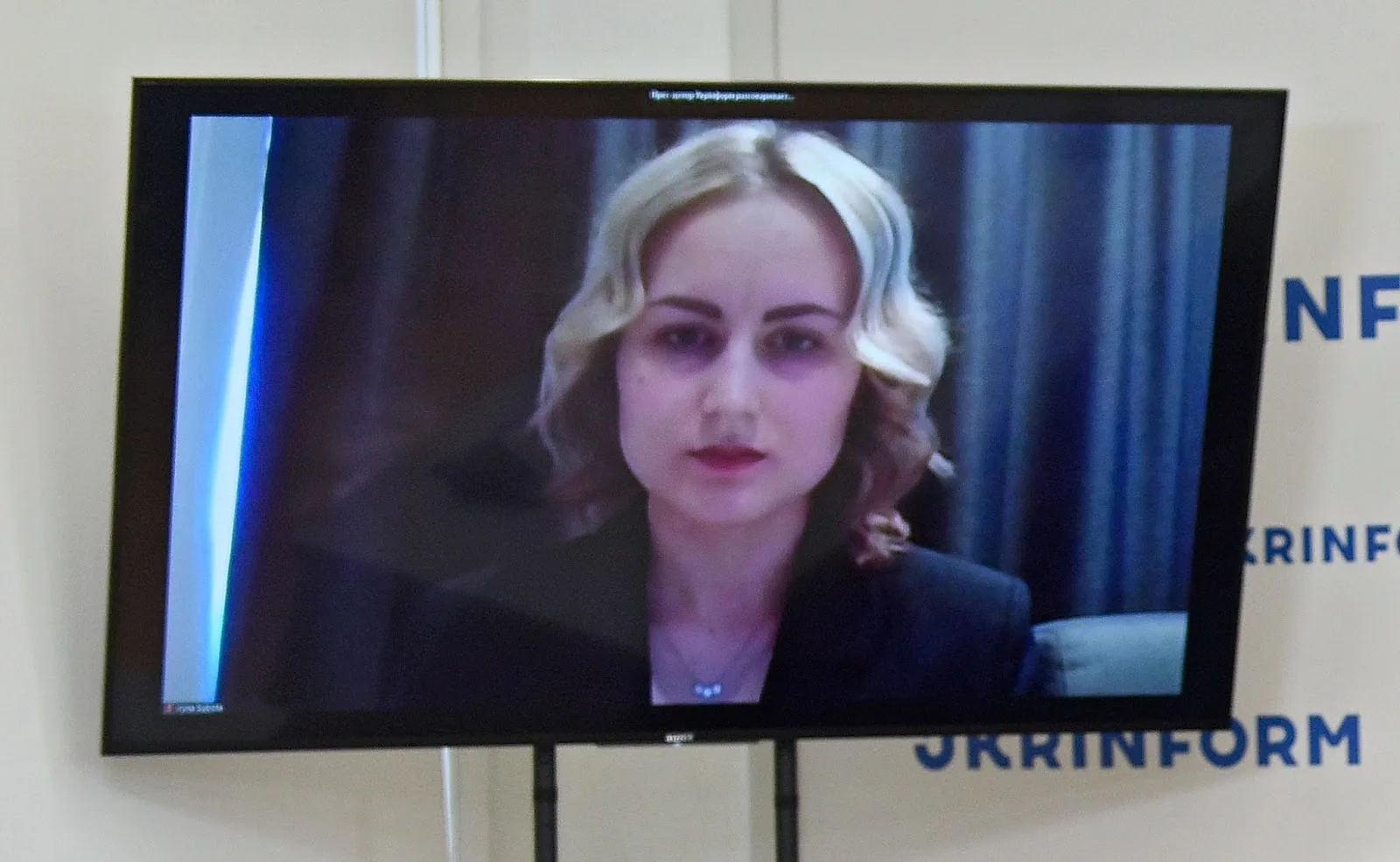
RT Arabic is a powerful propaganda mouthpiece. There is also a dominance of Russian “experts” in the Arab media. Moscow exerts influence on Arabs through social networks. The Institute for Strategic Dialogue (ISD) studied how Russian propaganda in X (Twitter) targets audiences in the Middle East and North Africa. 10 accounts with 359,075 followers were identified. These accounts had non-unique profile images. The similarity can be traced in their “biographies.” Maria Raskolniov describes herself as “the editor of the press service of the Russian agency Sputnik _ar.” Elena Kosogorov indicates the same personal information: “the editor of the Arabic press department of the Russian agency Sputnik_ar.” This group of Twitter accounts not only links and quotes the Kremlin’s political elite, but also engages in outright disinformation, coordinating identical tweets, for example, about the presence of Western biolabs in Ukraine.
The topic of information fight for the Arab world was covered by Said Salliam, head of the CSO Strategic Studies Center Vision. At the beginning, he noted that in the global diplomatic confrontation that unfolded around the Russian-Ukrainian war, most Arab countries sought to maintain neutrality. They would rather not sever relations with Russia, in particular, in the field of food trade and cooperation within the framework of OPEC+. On the other hand, Arab countries do not want to worsen relations with the West and the United States. The governments of these countries see balancing as the best strategy, but the extension of escalation ultimately forces them to determine whose side they are on.
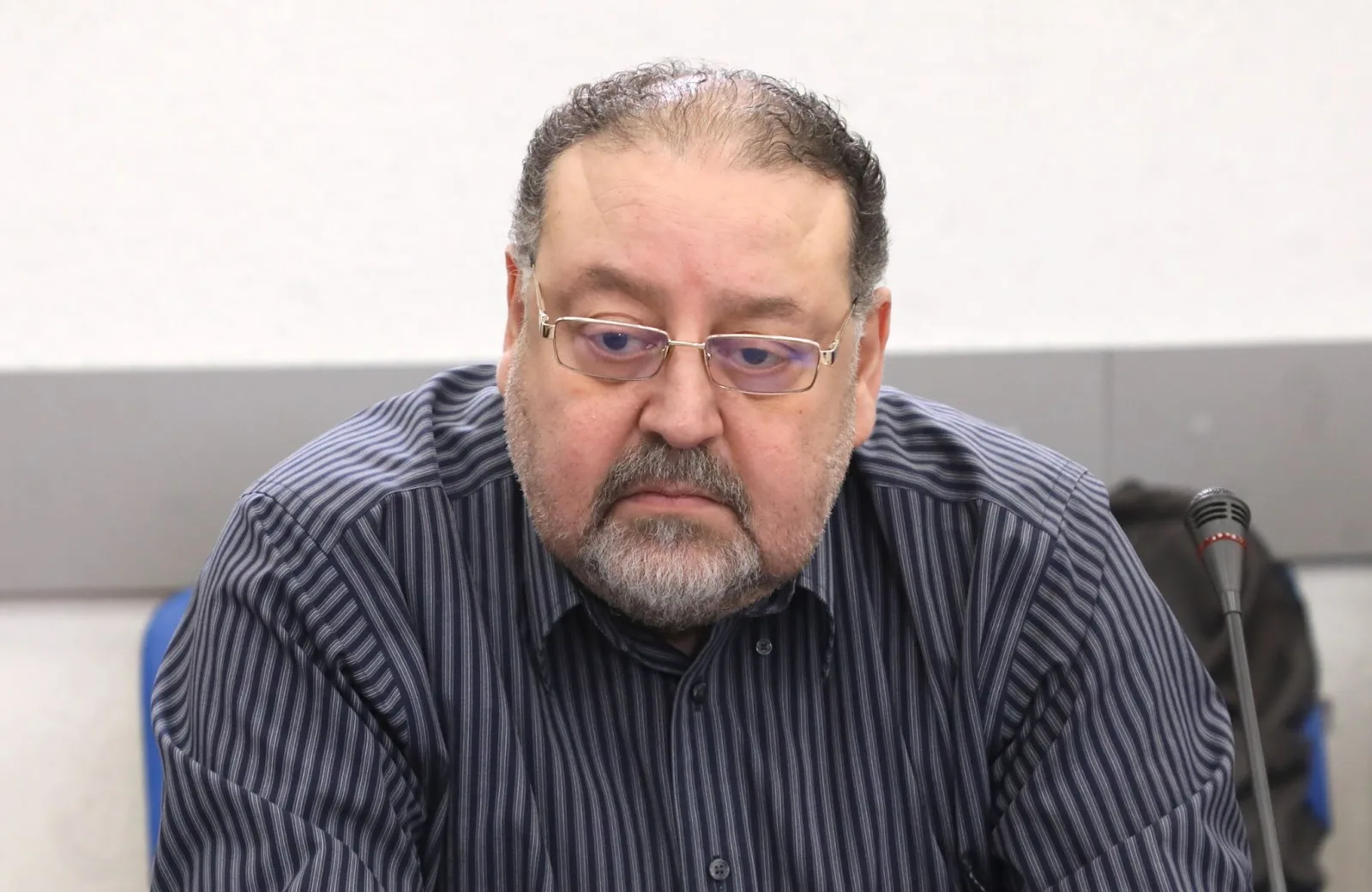
After the beginning of the Russian full-scale aggression against Ukraine, the Arab world was divided in its attitudes. Moscow almost immediately joined the fight for the support of the Arabs, in particular, using the methods mentioned above. Unfortunately, the Ukrainian side failed to address the Arab world with its own position: it turned out to be unprepared or uninterested.
The problem is partially compensated by the presence of Arab news channels in Kyiv, frequent business trips to Ukraine by reporters from the relevant countries. Their objective coverage of the situation plays in favour of a positive attitude towards Ukraine in the Arab world. A great contribution was also made by activists and organizations of the Arab diasporas in Ukraine, such as the Council of Arab Journalists, the Center for International Relations, Peacekeeping and Intellectual Development, and the Strategic Studies Center Vision. Ukrainian Arabs constantly act as experts on the air of Arab news channels, publish their texts on the situation in Ukraine.
However, even after two years of the full-scale war, many problems remain to be overcome. First, many Arab media continue to cover Russia’s war against Ukraine through the prism of Russia’s conflict with the West, in which Ukraine is assigned the role of a pawn. Arabs likes the statements of Russian propaganda about the struggle for a just, multipolar world. Ukraine’s position on the Palestinian issue also caused great damage to its reputation in the Arab world. Secondly, much attention in the Arab information space is devoted to the narrative of justifying aggression by considering Russia’s security risks and its right to self-defence. At the same time, the same security interests of Ukraine are not taken into account. Thirdly, the Arab media are not sensitive to Russian disinformation. All statements by Russian officials are taken at face value, including false reports from the front that glorify Russian victories. These are the trouble spots that still have to be work on a lot, the expert is convinced.
SEE ALSO: “Moscow Parasitizes on the Anti-Colonial Sentiments of the Arabs”
Oleksandr Bohomolov, Director of the National Institute for Strategic Studies; Serhii Danilov, Deputy Director of the Association for Middle East Studies; Professor of the Lebanese University Mahmoud Khaled; Mohammed Aroggi, Head of the CSO Council of Arab Journalists in Ukraine; experts of the Association for Middle East Studies Anna Kishchuk and Olena Pshenychna; Alaa Abuamer, assistant and political advisor to the former Minister of Foreign Affairs of the Palestinian Authority; political observer Dr. Yahya Kharbotli also joined the discussion.
The record of the event can be viewed at the link.
If you have found a spelling error, please, notify us by selecting that text and pressing Ctrl+Enter.
